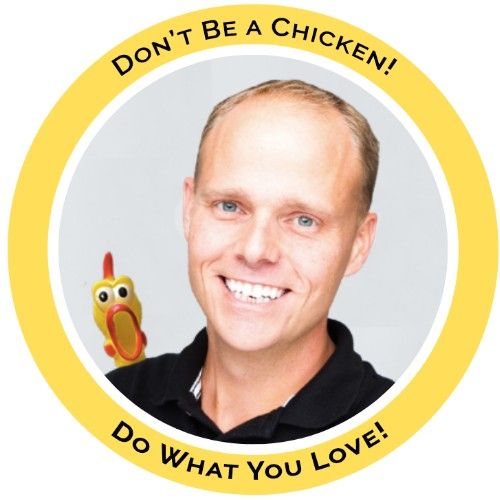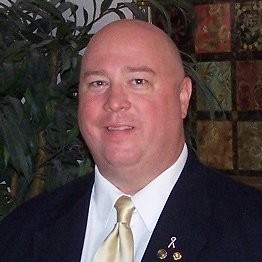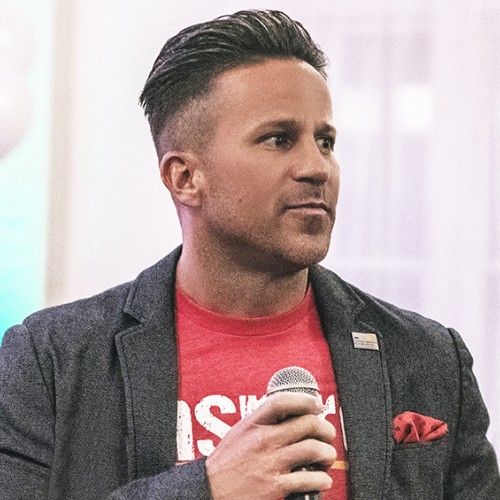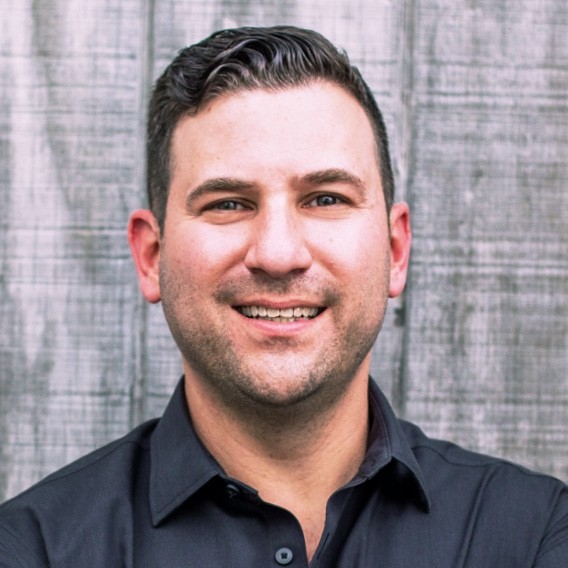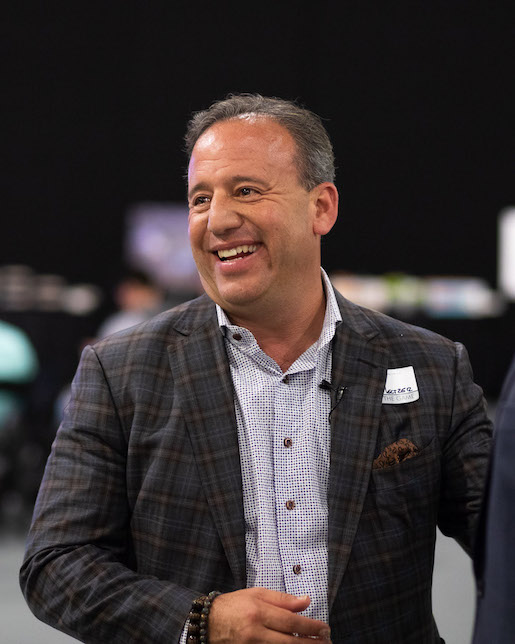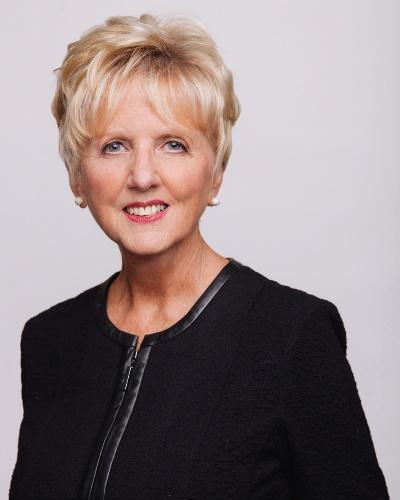The goal of a 360-degree assessment is to identify blind spots and vulnerabilities in your professional skillset. By getting feedback from your colleagues and comparing their perspectives to your self-assessment, you can get a deeper understanding of your work performance.
There are generally 3 outcomes from a 360-degree assessment: 1) somebody has underestimated their abilities, 2) somebody has overestimated their abilities, or 3) somebody is self-aware about their abilities. There are ten other articles addressing the two other possible outcomes of a 360-Degree Assessment available here:
Self-Aware - People Management, Innovation, Leadership Ability, Communication Skills, and Financial Management
Overestimating - People Management, Innovation, Leadership Ability, Communication Skills, and Financial Management
Understanding Underestimating your Abilities for 360-Degree Assessments
When somebody has underestimated their abilities, they are essentially giving themselves a lower score for whatever category is being measured compared to their colleagues’ score of them. At first glance, this may seem like a positive thing: “If my colleagues believe that I’m better than my self-assessed performance, then I must be doing pretty well!” This is partially true, but this article will shed light and provide examples of how underestimating your abilities can be an opportunity for improvement.
When my team and I at Ambition In Motion facilitate mentorship programs, we also include our 360-Degree Assessment (and its report) to each participant. We’ve found that our members use these insights to reveal the areas most in need of improvement. This has helped members identify the best course for professional growth and helps provide a major launching pad for helping them open up and be vulnerable in their mentor relationships.
The 5 core areas we measure in our 360-degree assessment are People Management, Innovation, Leadership Ability, Communication Skills, and Financial Management.
This article is one in a series of articles focused on why underestimating one's score on a 360-degree assessment report based on the 5 core areas listed in the paragraph above is not necessarily advantageous for one’s career.
Innovation
Innovation is a critical skill to possess in any working environment, even (and probably especially) if your role requires you to follow strict protocols and procedures. Innovation stretches across one’s willingness to pursue new activities or actions that can drive different results, ability to incorporate others in the innovation process, and propensity to challenge conventional thinking.
If you gave yourself a lower score on your ability to innovate than your colleagues then that could indicate a lack of confidence, a lack of communication, or lack of feedback.
Lack of confidence
When people rate themselves lower than their colleagues in their innovation, it might be because they feel that they just aren’t innovative. For example, one of the colleagues I worked with in the past frequently said things like “I’m not techy” and “I’m not innovative”. This left me a bit surprised because, from my perspective, her innovative approach to our workplace was self-evident! Before working with us, she was a stay-at-home mom who volunteered with multiple nonprofits and taught yoga, and in her mind, she just assumed that people like her weren’t innovative and that’s just how it goes. But that couldn’t be further from the truth. Shoot, the reason why our 360-degree assessments and associated reports have improved so much since we first started providing them is that she was willing to challenge the status quo, ask tough questions, and pursue useful solutions. The point is that oftentimes we underestimate our ability to innovate because we are conditioned to believe that our backstory or the role we are in isn’t conducive to innovation; this simply isn’t an accurate assessment of our own potential. If our colleagues believe we are innovative–more innovative than we believe ourselves to be–then clearly, we are doing something right and our colleagues see something in us that we may not see in ourselves.
Lack of communication/feedback
The other reason why people rate themselves lower than their colleagues in their innovation is because of a lack of good communication or feedback. Essentially, they simply have no idea that what they are doing is innovative, or that their work helping others in the business has led to consistent improvements. When people don’t have an understanding of why their actions were helpful to another person or a client, it can be difficult to comprehend whether or not one’s actions are innovative.
A few solutions to help close the gap in one’s innovation is to journal and write down all the new and different things you have tried over the past year (even if they didn’t work). You must give yourself credit just for trying because trying something new (even in failure) is an act of innovation. Give yourself permission to keep trying new things, even if you can’t fully predict their impact (and oftentimes no news is positive news!).
Counter-argument
The eternal counter-argument to this is “I just set the bar really high and I feel like I am not where I would like to be in this area.” If that is the case, then you are not effectively communicating your standards to those you work with. If your colleagues don’t know your standards, then they can’t properly assess your abilities in relation to those standards.
Overall, the goal of a 360-degree assessment and report is to identify the gaps and blindspots one may have so then they can improve their performance. The goal is to be self-aware, thus enabling you to work towards excellence in each area. Underestimating your performance might feel good at first because it shows others think highly of you, but continually failing to meet your own expectations means that you risk burning out or losing engagement. So, try being honest with yourself and setting honest goals. Professional growth is a slow process that takes dedication, consistency, and honesty, but by following the path, we are all capable of becoming our best selves.
There are generally 3 outcomes from a 360-degree assessment: 1) somebody has underestimated their abilities, 2) somebody has overestimated their abilities, or 3) somebody is self-aware about their abilities. There are ten other articles addressing the two other possible outcomes of a 360-Degree Assessment available here:
Self-Aware - People Management, Innovation, Leadership Ability, Communication Skills, and Financial Management
Overestimating - People Management, Innovation, Leadership Ability, Communication Skills, and Financial Management
Understanding Underestimating your Abilities for 360-Degree Assessments
When somebody has underestimated their abilities, they are essentially giving themselves a lower score for whatever category is being measured compared to their colleagues’ score of them. At first glance, this may seem like a positive thing: “If my colleagues believe that I’m better than my self-assessed performance, then I must be doing pretty well!” This is partially true, but this article will shed light and provide examples of how underestimating your abilities can be an opportunity for improvement.
When my team and I at Ambition In Motion facilitate mentorship programs, we also include our 360-Degree Assessment (and its report) to each participant. We’ve found that our members use these insights to reveal the areas most in need of improvement. This has helped members identify the best course for professional growth and helps provide a major launching pad for helping them open up and be vulnerable in their mentor relationships.
The 5 core areas we measure in our 360-degree assessment are People Management, Innovation, Leadership Ability, Communication Skills, and Financial Management.
This article is one in a series of articles focused on why underestimating one's score on a 360-degree assessment report based on the 5 core areas listed in the paragraph above is not necessarily advantageous for one’s career.
Innovation
Innovation is a critical skill to possess in any working environment, even (and probably especially) if your role requires you to follow strict protocols and procedures. Innovation stretches across one’s willingness to pursue new activities or actions that can drive different results, ability to incorporate others in the innovation process, and propensity to challenge conventional thinking.
If you gave yourself a lower score on your ability to innovate than your colleagues then that could indicate a lack of confidence, a lack of communication, or lack of feedback.
Lack of confidence
When people rate themselves lower than their colleagues in their innovation, it might be because they feel that they just aren’t innovative. For example, one of the colleagues I worked with in the past frequently said things like “I’m not techy” and “I’m not innovative”. This left me a bit surprised because, from my perspective, her innovative approach to our workplace was self-evident! Before working with us, she was a stay-at-home mom who volunteered with multiple nonprofits and taught yoga, and in her mind, she just assumed that people like her weren’t innovative and that’s just how it goes. But that couldn’t be further from the truth. Shoot, the reason why our 360-degree assessments and associated reports have improved so much since we first started providing them is that she was willing to challenge the status quo, ask tough questions, and pursue useful solutions. The point is that oftentimes we underestimate our ability to innovate because we are conditioned to believe that our backstory or the role we are in isn’t conducive to innovation; this simply isn’t an accurate assessment of our own potential. If our colleagues believe we are innovative–more innovative than we believe ourselves to be–then clearly, we are doing something right and our colleagues see something in us that we may not see in ourselves.
Lack of communication/feedback
The other reason why people rate themselves lower than their colleagues in their innovation is because of a lack of good communication or feedback. Essentially, they simply have no idea that what they are doing is innovative, or that their work helping others in the business has led to consistent improvements. When people don’t have an understanding of why their actions were helpful to another person or a client, it can be difficult to comprehend whether or not one’s actions are innovative.
A few solutions to help close the gap in one’s innovation is to journal and write down all the new and different things you have tried over the past year (even if they didn’t work). You must give yourself credit just for trying because trying something new (even in failure) is an act of innovation. Give yourself permission to keep trying new things, even if you can’t fully predict their impact (and oftentimes no news is positive news!).
Counter-argument
The eternal counter-argument to this is “I just set the bar really high and I feel like I am not where I would like to be in this area.” If that is the case, then you are not effectively communicating your standards to those you work with. If your colleagues don’t know your standards, then they can’t properly assess your abilities in relation to those standards.
Overall, the goal of a 360-degree assessment and report is to identify the gaps and blindspots one may have so then they can improve their performance. The goal is to be self-aware, thus enabling you to work towards excellence in each area. Underestimating your performance might feel good at first because it shows others think highly of you, but continually failing to meet your own expectations means that you risk burning out or losing engagement. So, try being honest with yourself and setting honest goals. Professional growth is a slow process that takes dedication, consistency, and honesty, but by following the path, we are all capable of becoming our best selves.













